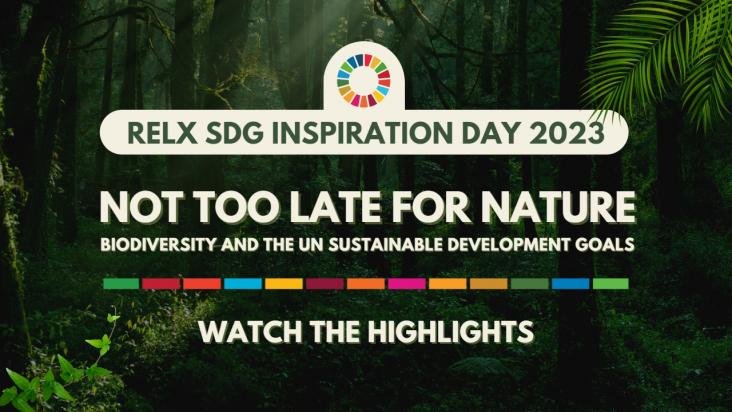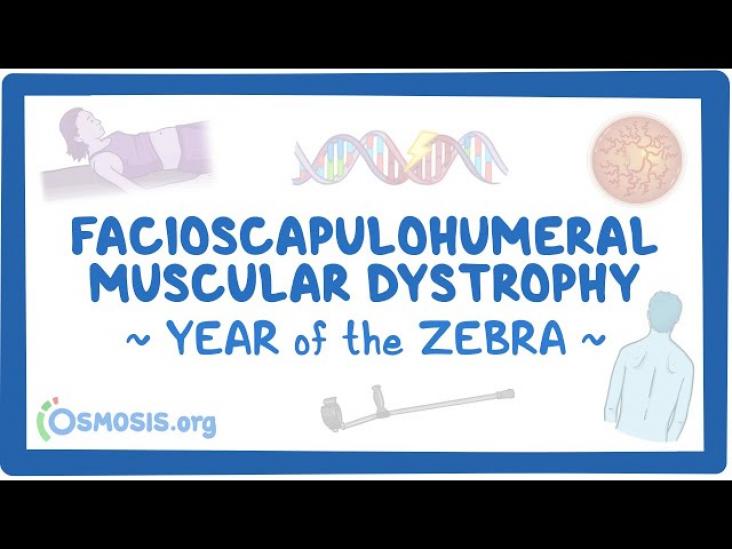This chapter aligns with Goals 3 and 14 by explaining the connection between the health of global oceans and the health and wellbeing of human populations increasingly reliant on ocean ecosystem services.
This paper explores the assess to antiretroviral therapy and its associated factors among patients accessing treatment at Health centers in Ethiopia.
This research underscores the health rights of firefighters by investigating the potential impact of occupational exposure to PFAS and PAHs on liver function and serum lipids, which could contribute to work-related adverse health outcomes. [occupational exposure]
Food-related illnesses are very common and this study reminds us of the importance of maintaining food hygiene standards to improve human health.
This paper reviews the unique perspective that Indigenous People have on the HIV/AIDS epidemic, and the interactions between Indigenous Identities and HIV. The authors call for a human rights based approach to ending the HIV epidemic among Indigenous Peoples.

Find all the details and watch the videos from the 2023 RELX SDG Inspiration Day: "Not Too Late for Nature: Biodiversity and the UN Sustainable Development Goals." Eminent conservationist Dr. Jane Goodall, DBE, Founder of the Jane Goodall Institute and UN Messenger of Peace and 8th United Nations Secretary General Ban Ki-moon, provided keynote remarks alongside many more global leaders and subject matter experts.
This Article supports SDG 3 by analysing peripartum antiviral prophylaxis for hepatitis B in 110 countries, finding that it could be beneficial in averting both neonatal hepatitis B infections and DALYS, and that it might be cost-effective depending on how it is implemented and the associated diagnostic costs.

Rare Disease Education: Facioscapulohumeral Muscular Dystrophy
Editor: Kelsey LaFayette, DNP, RN, FNP-C
This Perspective explores the sources of bias in medical machine learning, and how these can contribute to unequal performance, for example for women. The authors discuss methods for mitigating bias, hopefully leading to more equitable use of machine learning in healthcare.
This Health Policy paper supports SDG 3, 15, and 16 by highlighting how climate change and other human-induced environmental changes, such as loss of biodiversity and air pollution, disproportionately affect the health of minoritised people globally.
